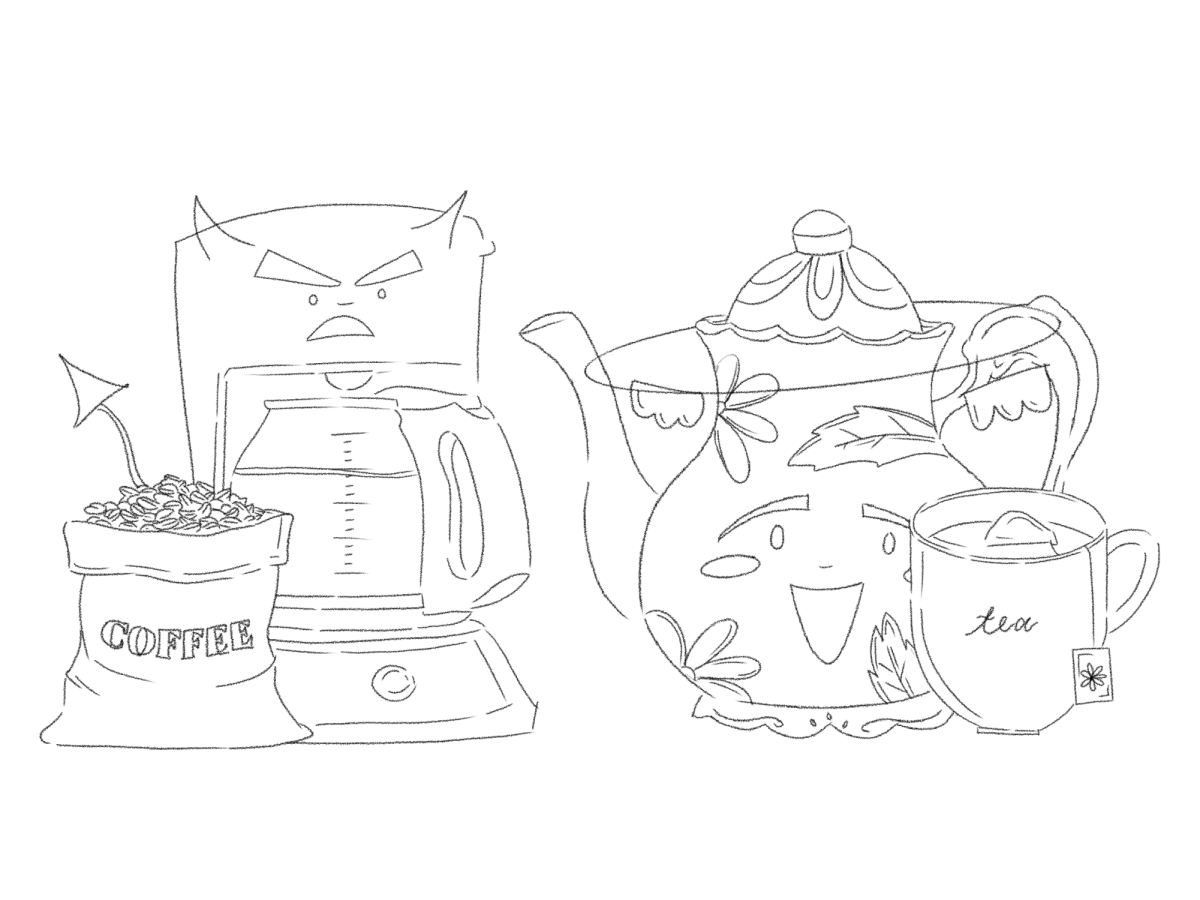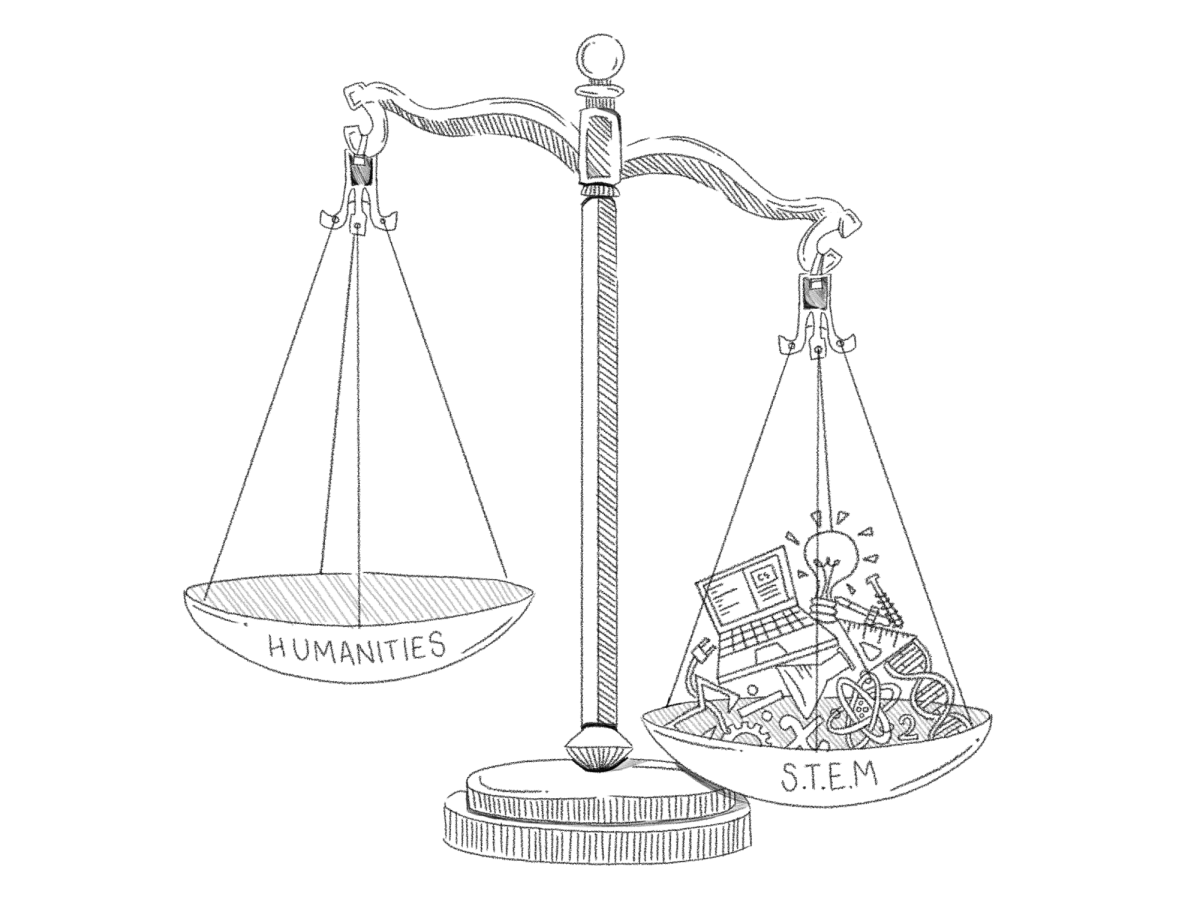We celebrate MLK Day, but freedom does not ring. Creative Commons images from Wikipedia.
By Davis Rich
Each April, my family celebrates the Jewish holiday of Passover. The eight-day holiday commemorates the Jewish exodus from Egypt after years of slavery. During our celebratory meal, we read from the Haggadah, a book that retells the story of the Exodus and takes you through the ritualistic Passover dinner, called the seder.
The Haggadah contains a prayer in the closing portion of the seder that translates roughly to: “This year we are still here—next year may we be in Israel. This year we are slaves— next year, may we be free.” The first half of the quote refers to the fact that we are not in our holy land —Israel— and hope to make the pilgrimage in the near future. But the second sentence is what resonates with me more.
The sense of morality that comes with Judaism —ethics is a central part of the Torah and Jewish life— is likely the most significant way religion has affected my life. Whether is it the sermons our rabbis give at the High Holidays about economic injustice or the prayers about helping out the disadvantaged, morality is a recurring theme in my Jewish experience. There is a keen sense of right and wrong in Judaism— the box we pass around for donations to charity is called the tzedakah box, which translates to justice, or righteousness.
I was thinking about that quote at this time of the year because of the similarities of the meaning of that quote to both Passover and Martin Luther King Junior Day. African-Americans and Jews are two groups of people that have been enslaved and persecuted throughout history. Part of the reason that the plight of black people in America resonates with me so much is because I, as a Jew, have to reconcile with the history of my religion’s people. My family didn’t lose anyone to the Holocaust or deal with anti-Semitism in the United States, but as Jews we understand that across the world and across history, a unifying message to our people has been You don’t belong.
That same message has been snarled thousands of times over to African-Americans in the United States, through slavery and lynchings, vagrancy laws and literacy tests, segregation and redlining, mass incarceration and police brutality. You don’t belong.
The reason we celebrate Passover and MLK Day is twofold: to celebrate the progress made towards justice while simultaneously recognizing that there is more work to be done. My extended Jewish family lives in comfort in the cozy confines of California, but anti-Semitism persists in the Middle East and in Europe. And we recognize the incredible achievements of Dr. King during the Civil Rights Movement but acknowledge that the fight is not over. Not when one in three black boys born today can expect to be incarcerated in their lifetime. Not when mothers and fathers need to tell their sons to take off their hoodies and stop playing with Nerf guns. Not when the opportunity gap is as wide as it has ever been.
At the beginning of the Haggadah, we declare, “Let all who are hungry come and eat.” This quote reaches beyond Judaism, and beyond food, for that matter. It asks for us to recognize our common humanity and inherent rights and work to rectify the injustices that inhibit everyone from eating at the communal table.








